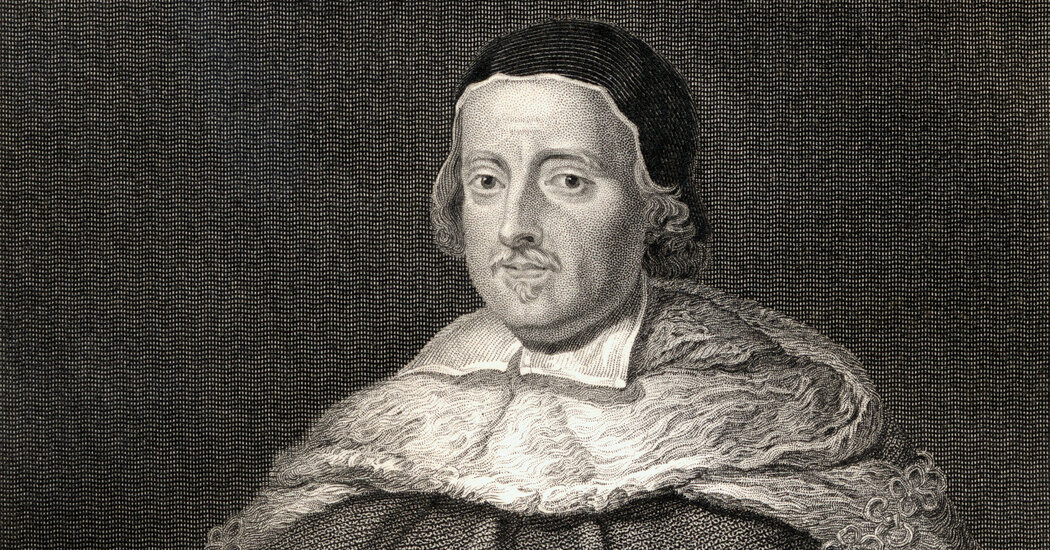That comes through clearly in his famous description of rape as “an accusation easily to be made and hard to be proved and harder to be defended by th
That comes through clearly in his famous description of rape as “an accusation easily to be made and hard to be proved and harder to be defended by the party accused, tho never so innocent.” That became the basis for centuries of jurisprudence and jury instructions that treated the moral character of rape victims as the paramount concern in rape cases, and often presumed that they were lying if they could not produce corroborating witnesses or other outside evidence for their claims.
Hale also wrote in his influential common-law treatise that marital rape could not be a crime because marriage itself constituted irrevocable consent to sex — but only for the wife. “For by their mutual matrimonial consent and contract,” he wrote, “the wife hath given herself up in this kind unto the husband which she cannot retract.” That belief was an outgrowth of the doctrine of coverture, which treated a married woman’s rights as “covered” by her husband’s. Her property became his, and she could not bring legal actions in her own right. The family, in this view, was a private sphere in which the husband was essentially the sovereign, and the wife could not appeal to the state for protection.
So far, so 17th century. Except that in common law systems, judicial opinions become binding the same way written laws do, so many of Hale’s beliefs didn’t stay in the past. Some are thankfully now defunct: We no longer hold witch trials, for instance. But his views on rape, marriage and abortion, enshrined in legal opinions, became part of Britain’s legal system, and then those of its colonies. And to say they have had global staying power there would be an understatement.
In the United Kingdom, marital rape was not criminalized until 1991. In the United States, it took until 1993 for it to be a crime in all 50 states. In India, it is still not criminalized at all.
Just two weeks ago, in the leaked draft opinion in Dobbs v. Jackson Women’s Health that promised to overturn Roe v. Wade, Justice Alito cited Hale’s treatise eight times as evidence that abortion was considered a crime at the time the U.S. Constitution was written.
And last Wednesday in India, the Delhi High Court issued a split verdict in the case challenging the country’s marital rape exception. The Indian government opposed the case in a brief that warned that removing the exception would make rape law “an easy tool for harassing husbands” and could have a “destabilizing effect on the institution of marriage” — ideas that seemed to flow directly out of Hale’s conception of marriage as a zone of male control.
www.nytimes.com
